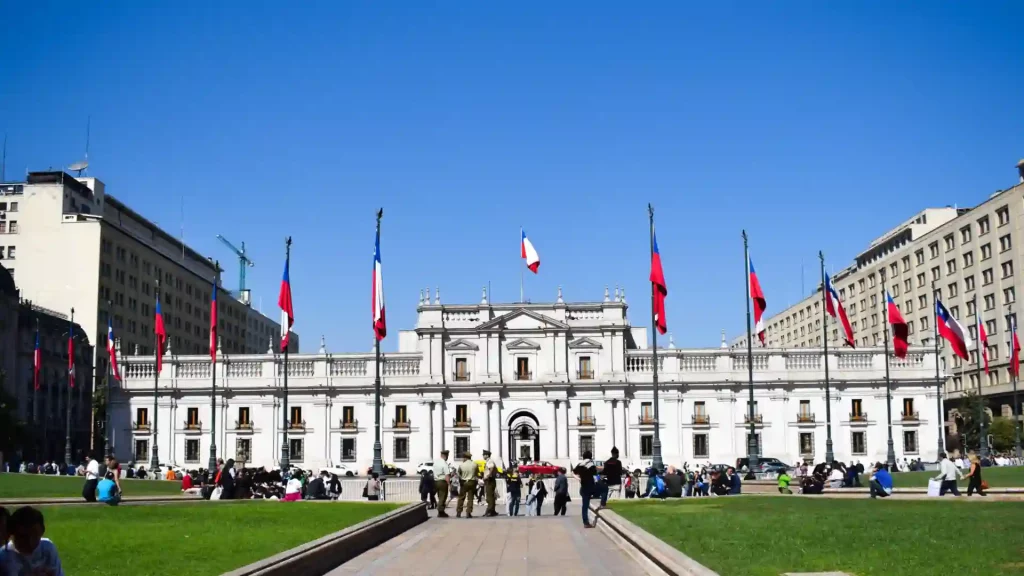Chile’s Economy Chief Nicolas Grau has said that the government is confident that the stalled reforms in the constitution will soon start as the consensus among lawmakers is hopefully imminent.
Mr. Grau is confident that the investors are looking past the twists and turns that the process of constitutional reforms is taking. Instead, according to the Economy Minister, investors are hopeful about the end result- a structurally reformed constitution with the consensus of all political parties and citizens.
The History
Back in 2019, Chile saw massive mobilisations as the metro fares and overall social inequality kept on increasing. Politicians from most of the parties agreed that Chile needed constitutional reform so that they could throw away the dictator-era constitution that was in force. In an unprecedented show of unity, politicians across the political spectrum signed an agreement regarding this decision to implement structural changes to the constitution. This decision further gained a legal backbone when in 2020, 78% of voters said ‘yes’ to the decision of constitutional reforms.
The problem was that 65 out of 155 of the Constitutional Convention delegates were independents with insufficient political experience, and most were left-leaning.
The overly progressive changes that the draft constitution proposed did not go down well with the citizens – although most of them supported the left-leaning government during the 2019 protests. The proposed changes would have made Chile a plurinational state where indigenous groups would enjoy increased autonomy.
While the idea of a plurinational state looks idealistic on paper, it would have made Chile politically unstable – with differing agendas, political motivations and cultures. This would have made investors averse to the country.
Along with this primary flaw, the draft constitution with 388 articles would have proved unwieldy and difficult to adhere to. On top of that, some of the aspects of the draft constitution were too vague and would have invited confusion if they were accepted.
The Surprising Political Stability
Generally, this kind of political impasse results in crises and protests. However, things in Chile seem to be rather stable. A whopping 62% of the voters rejected the proposed changes. Despite such a shocking mandate, Chilean president Gabriel Boric accepted the mandate with little fuss and publicly announced that the government would work with Congress and the general public to come up with a new reform process that would hopefully include the suggestions of all the parties.
In fact, the recent cabinet reshuffles hint that Boric is eager to earn the trust of the centre-left party as well the centre-right party. The centre-left Socialismo Democratico has been given significant political power, while Boric’s radical left party willingly gave up political power.
A Glimmer of Hope in the Eyes of the Economy Minister
Chile’s Economy minister, Nicolas Grau, is hopeful that the political parties in the Congress will be able to come to a consensus. This is necessary for Chile’s economic upliftment.
Due to increasing inflation and hikes in key interest rates, Chile’s GDP has shrunk significantly. The citizens, too, know that income inequality will only go away when the country achieves political and financial stability. This is exactly the reason why Chile’s citizens, despite them rejecting the proposed changes to the constitution, are still in support of the decision to create a new constitution. The government, too, is trying to bring Chile’s economy on track. From tax reforms to supporting Chile’s Lithium industry – the government has been striving to increase productivity and GDP.
